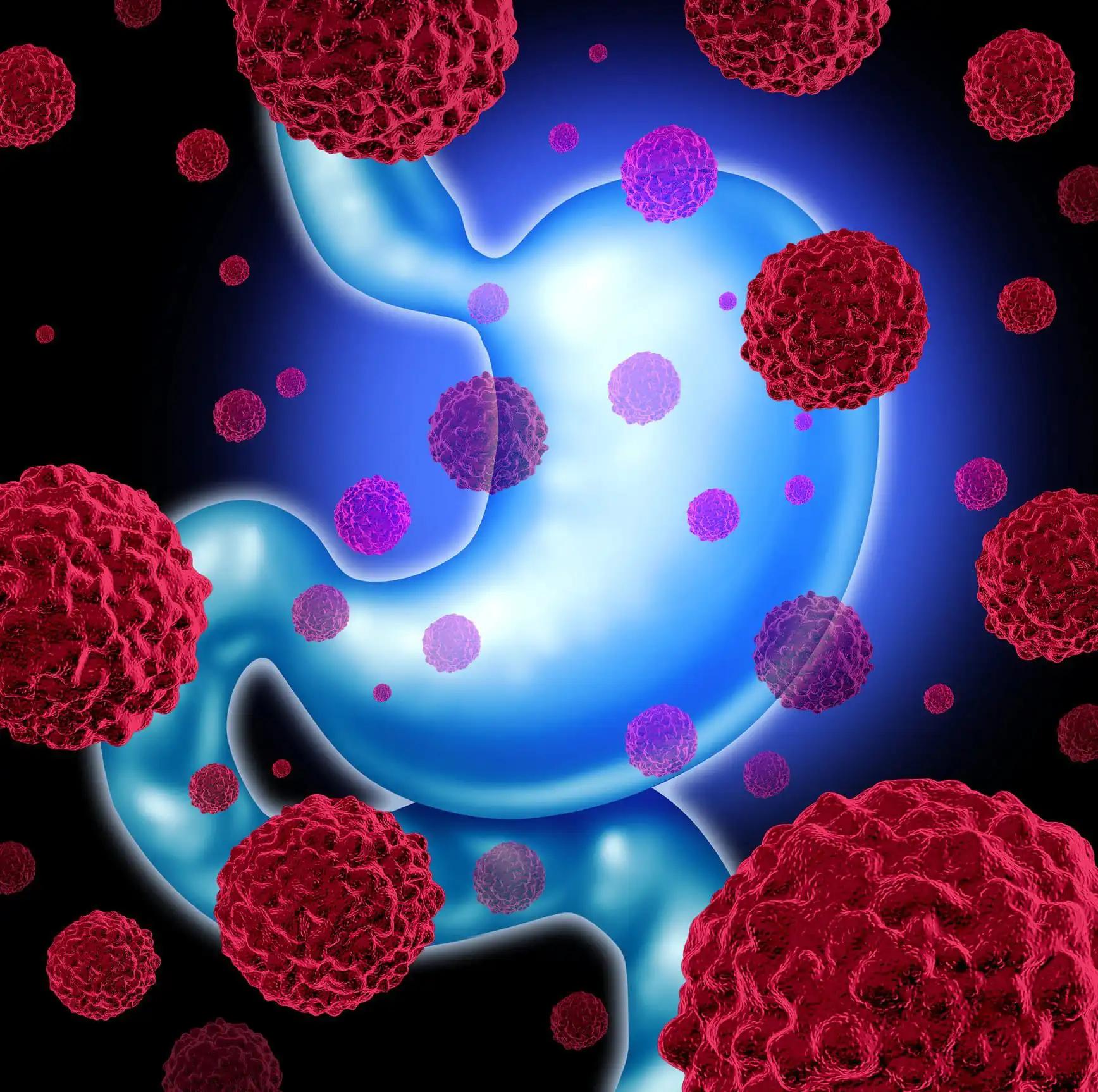KEY TAKEAWAYS
- Futibatinib, a next-generation, covalently binding FGFR1-4 inhibitor, showed antitumor activity in patients with FGFR-altered tumors.
- 43 of 103 patients (42%) had an objective response, with a median response duration of 9.7 months.
- Median progression-free survival was 9.0 months, and overall survival was 21.7 months.
- Treatment-related adverse events led to permanent discontinuation of futibatinib in 2% of patients.
- Quality of life was maintained throughout treatment.
Intrahepatic cholangiocarcinoma is a rare disease with a dismal prognosis recently linked to alterations in fibroblast growth factor receptor 2 (FGFR2). Antitumor effectiveness in patients with FGFR-altered malignancies and vigorous preclinical activity against acquired resistance mutations associated with ATP-competitive FGFR inhibitors have been observed with the use of futibatinib, a next-generation, covalently binding FGFR1-4 inhibitor.
Patients with unresectable or metastatic FGFR2 fusion-positive or FGFR2 rearrangement-positive intrahepatic cholangiocarcinoma and disease progression following 1 or more prior lines of systemic therapy were enrolled in this international, open-label, single-group, phase 2 study (excluding FGFR inhibitors). Individuals were given a continuous 20 mg dosage of oral futibatinib once daily. The primary endpoint was the objective response (partial or total response) determined by central, independent evaluation. Response length, progression-free survival, overall survival, safety, and patient-reported outcomes were secondary end goals.
A total of 103 individuals were enrolled and given futibatinib between April 16, 2018, and November 29, 2019. In all, 43 out of 103 patients (42%; 95% confidence interval, 32 to 52) showed some response, with a median duration of 9.7 months. Consistent responses were demonstrated across all patient groupings, including those with advanced disease, those who were older, and those who also had TP53 mutations. Progression-free survival was at 9.0 months, and overall survival was at 21.7 months at a median follow-up of 17.1 months. Hyperphosphatemia (30% of patients), elevated aspartate aminotransferase levels (7%), stomatitis (6%), and fatigue (6%) were the most common treatment-related grade 3 adverse effects.
Only 2% of patients continued taking futibatinib after temporary dose reductions due to treatment-related side effects. Deaths were not the result of any treatment. While receiving treatment, quality of life did not decrease. Covalent FGFR inhibitor futibatinib improved clinical outcomes in previously treated patients with FGFR2 fusion or rearrangement-positive intrahepatic cholangiocarcinoma.
Clinical Trial: https://clinicaltrials.gov/ct2/show/NCT02052778
Goyal L, Meric-Bernstam F, Hollebecque A, Valle J, Morizane C, Karasic T, Abrams T, Furuse J, Kelley R, Cassier P, Klümpen H, Chang H, Chen L, Tabernero J, Oh DY, Mahipal A, Moehler M, Mitchell E, Komatsu Y, Masuda K, Ahn D, Epstein R, Halim AB, Fu Y, Salimi T, Wacheck V, He Y, Liu M, Benhadji K, Bridgewater J; FOENIX-CCA2 Study Investigators. Futibatinib for FGFR2-Rearranged Intrahepatic Cholangiocarcinoma. N Engl J Med. 2023 Jan 19;388(3):228-239. doi: 10.1056/NEJMoa2206834. PMID: 36652354.



